The Center's New "What is a Microschool?" Video Series
What is a microschool? The National Microschooling Center get asked this question a lot, almost every day. And we are thrilled to share this series...
3 min read
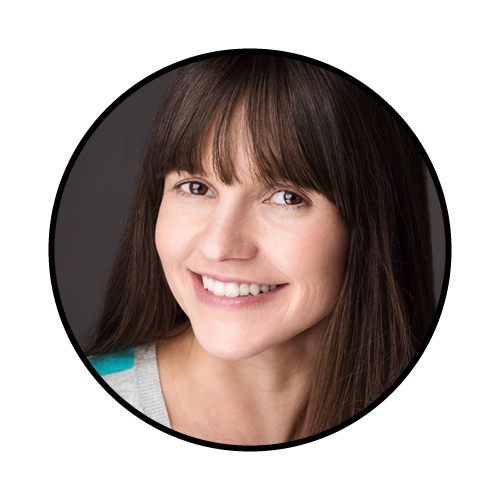 Ashley Soifer
:
Aug 2, 2025 4:38:48 PM
Ashley Soifer
:
Aug 2, 2025 4:38:48 PM
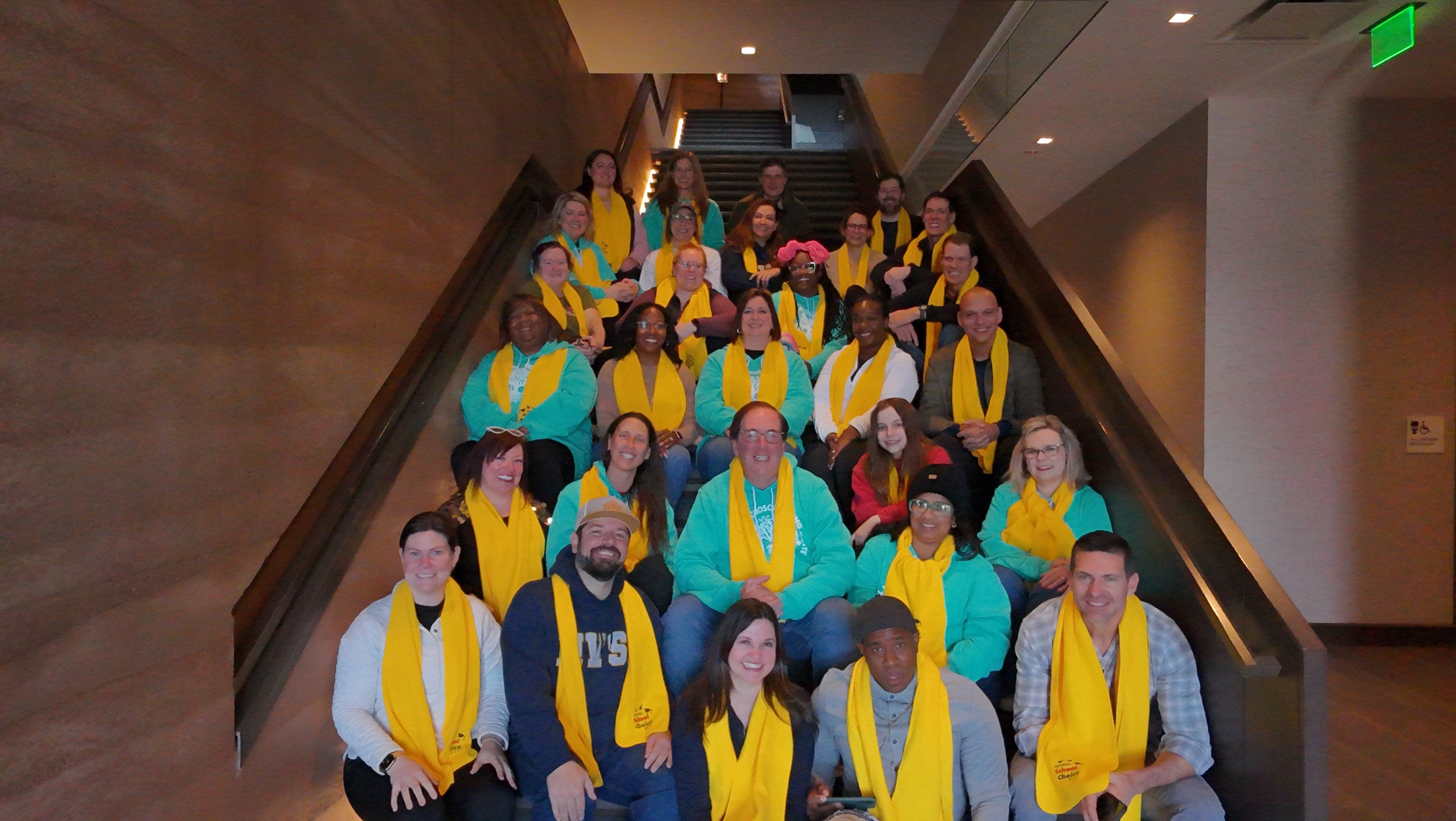
As microschools continue to grow and diversify across the country, so does the need to rethink how we define—and measure—success. This year, the National Microschooling Center launched a bold new initiative designed to answer one of the most important and complex questions facing education innovators today: What does real impact look like in a microschool?
We began this work by convening a national cohort of over 20 microschool founders representing a wide range of geographies, student populations, and educational models. Over the course of the school year, this group explored how impact is being measured in microschools today—academically and non-academically—and what tools or frameworks are still missing. These leaders brought insights from diverse communities and models, from rural one-room microschools to urban programs focused on neurodivergent learners.
The result was a powerful exchange of ideas: microschool leaders openly shared the ways they assess learning, track personal growth, and reflect on the broader effects of their work. And they weren’t just talking about test scores. They were measuring learner agency, creativity, mental health, family engagement, and so much more.
The Center will be publishing a paper soon to share the learnings from this cohort, how they are tracking their impact, what their impact is and much more.
 In January, the Center took this effort further by hosting an intensive convening in Colorado. This gathering, made possible by the National School Choice Awareness Foundation, brought together 30 participants, including 22 microschool leaders from the Measuring Impact cohort alongside researchers and experts. The goal: to dig deeper into what really matters when we talk about impact in microschools.
In January, the Center took this effort further by hosting an intensive convening in Colorado. This gathering, made possible by the National School Choice Awareness Foundation, brought together 30 participants, including 22 microschool leaders from the Measuring Impact cohort alongside researchers and experts. The goal: to dig deeper into what really matters when we talk about impact in microschools.
What we found was both inspiring and instructive.
Microschools are already measuring the kind of outcomes traditional systems aspire to—but rarely have the structure or flexibility to achieve. We heard from founders who are tracking social-emotional well-being, collecting nuanced family demographic data, and recording shifts in student mental health—like the dramatic drop in anxiety attacks among learners who previously felt unsafe in conventional school settings (stay tuned for the report the Center will be publishing soon on the impact findings).
Microschools are also using a wide range of tools: from formal academic assessments to self-created instruments built in real time to address specific needs. They place equal emphasis on deep content exploration and on cultivating curiosity, independence, and joy in learning. Attendance is tracked, but not in the punitive or compulsory sense. Instead, some founders celebrate travel, family time, and breaks when needed. They understand that every experience is a learning opportunity—and they have the flexibility and relationships to adapt to each child’s unique journey.
Perhaps the most important takeaway from this work is this: the tools we currently have to measure learning just aren't good enough.
The existing tools—especially linear, standardized assessments—often fail to reflect the reality of microschooling. Many students come to microschools with interrupted or inconsistent educational experiences. Measuring only where they are today, without understanding how far they’ve come or what obstacles they’ve faced, tells an incomplete story.
Microschool leaders are calling for something more: a comprehensive, customizable assessment toolkit that reflects their values and priorities. One that allows them to track what matters most to their students, families, and communities. One that adapts as quickly and thoughtfully as their learning models do.
What a new tool cannot be:
Microschools do not need just another tool that forces them to conform to the rigid standards and narrow goals of traditional schooling models, as most standardized assessment regimes measure. It cannot be static, linear, or one-size-fits-all. It cannot ignore the values, context, and lived experiences of learners. A meaningful measurement tool cannot reduce education to just academic outcomes while sidelining the social, emotional, and relational dimensions that matter just as much. It must not ask microschool founders to squeeze their work into predefined boxes or limit their ability to innovate. Any tool that restricts creativity or penalizes flexibility does a disservice to the very model that makes microschooling so powerful.
narrow goals of traditional schooling models, as most standardized assessment regimes measure. It cannot be static, linear, or one-size-fits-all. It cannot ignore the values, context, and lived experiences of learners. A meaningful measurement tool cannot reduce education to just academic outcomes while sidelining the social, emotional, and relational dimensions that matter just as much. It must not ask microschool founders to squeeze their work into predefined boxes or limit their ability to innovate. Any tool that restricts creativity or penalizes flexibility does a disservice to the very model that makes microschooling so powerful.
What a new tool must be:
Instead, microschool-aligned impact tools must be dynamic and flexible to evaluate deeply personalized models. It must allow microschool leaders to choose what matters most in their own contexts—whether that’s academic growth, emotional regulation, community engagement, or student-led learning. It must make space for whole-child measurement and invite observational reporting, with clear supports for identifying what mastery looks like across diverse domains. It should allow for differentiated rubrics, tailored to each child’s goals and learning journey. Additionally it must account for experiential learning and the role of mentors—recognizing that learning doesn’t only happen in classrooms, but also through real-world exploration, internships, and trusted guidance. Most importantly, it should capture real progress through real-time data—without requiring days of standardized testing that interrupt learning. A tool like this doesn't just measure impact—it reflects it.
Microschools are already reshaping what education looks like. Now it’s time to reshape how we recognize and understand their impact. These schools deserve tools that are as dynamic, flexible, and human-centered as they are. At the Center, we’re committed to helping build them.
This important work would not have been possible without the generous support of the National School Choice Awareness Foundation, whose partnership made the Colorado convening and deeper exploration of impact in microschools a reality. We are deeply grateful for their commitment to advancing educational innovation and supporting efforts that allow families the opportunity to find an educational approach that allows their child(ren) to thrive.
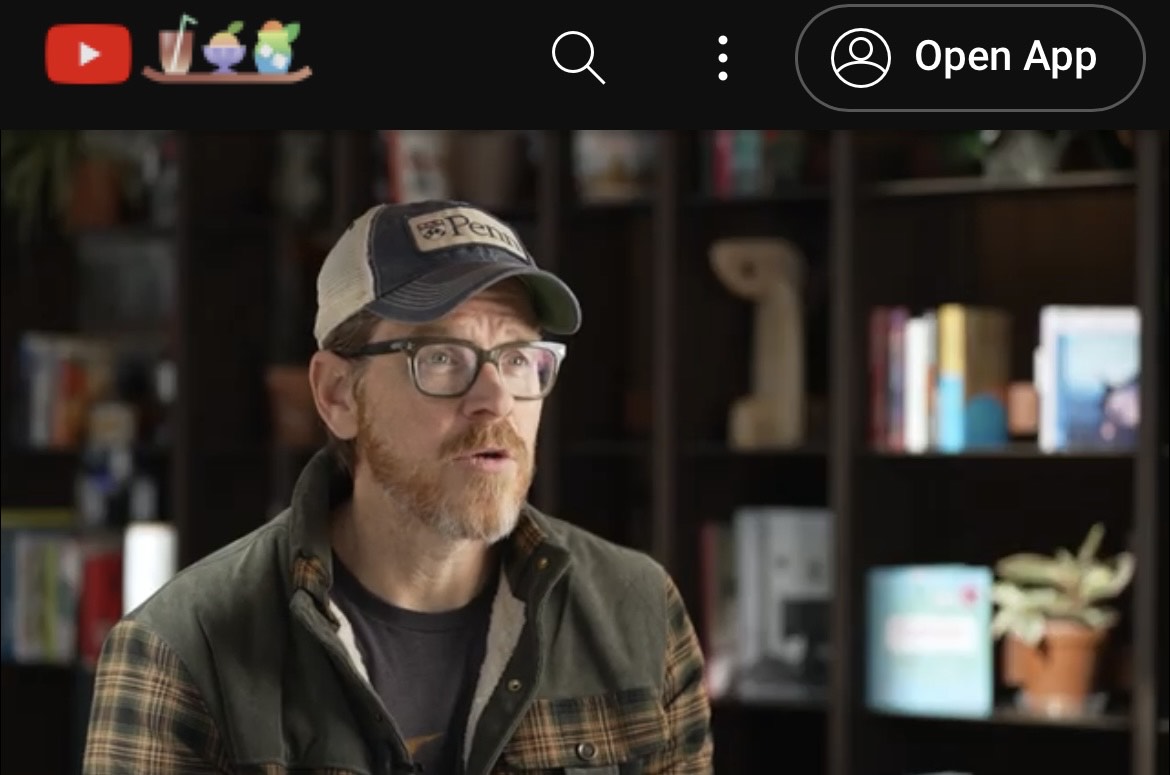
What is a microschool? The National Microschooling Center get asked this question a lot, almost every day. And we are thrilled to share this series...
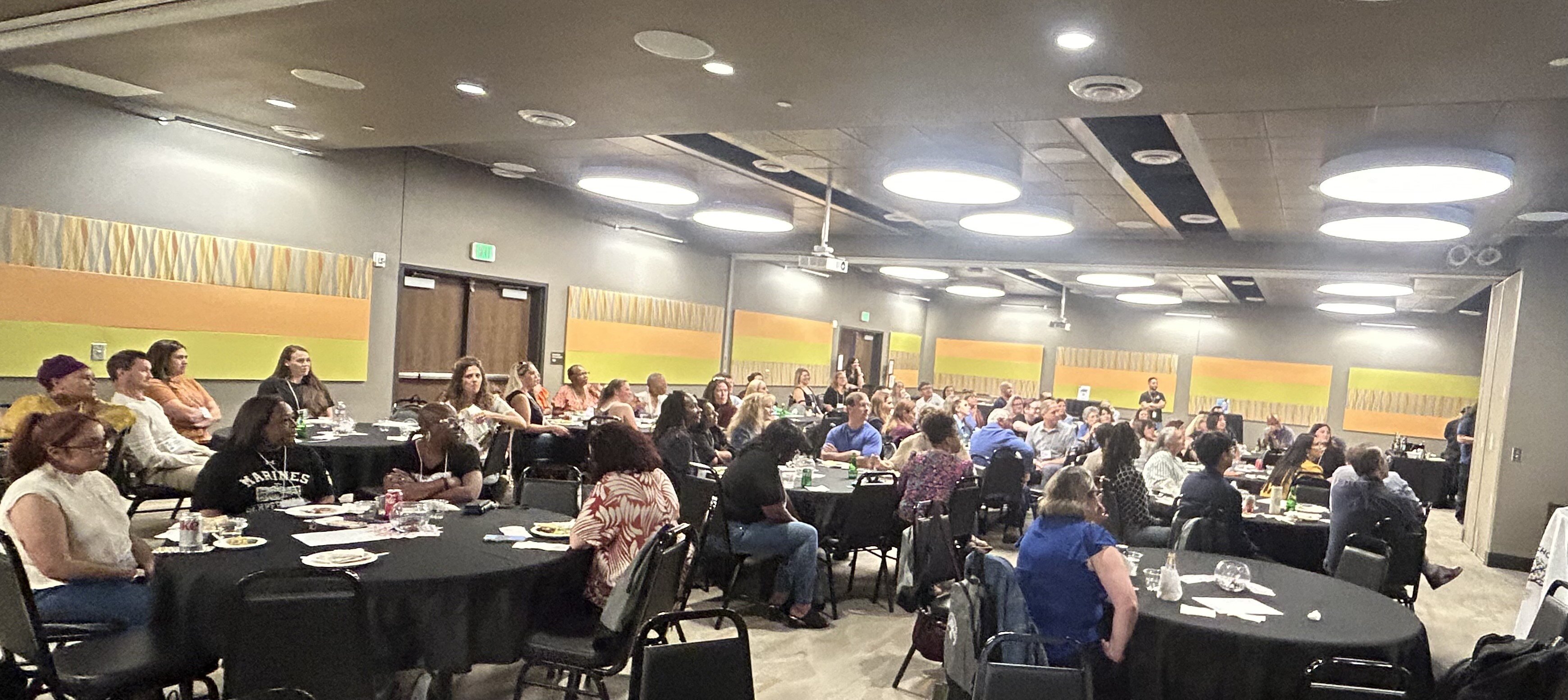
The National Microschool Founders and Leaders Summit, convened at Nevada State University in Las Vegas October 11 and 12, brought together over 100...
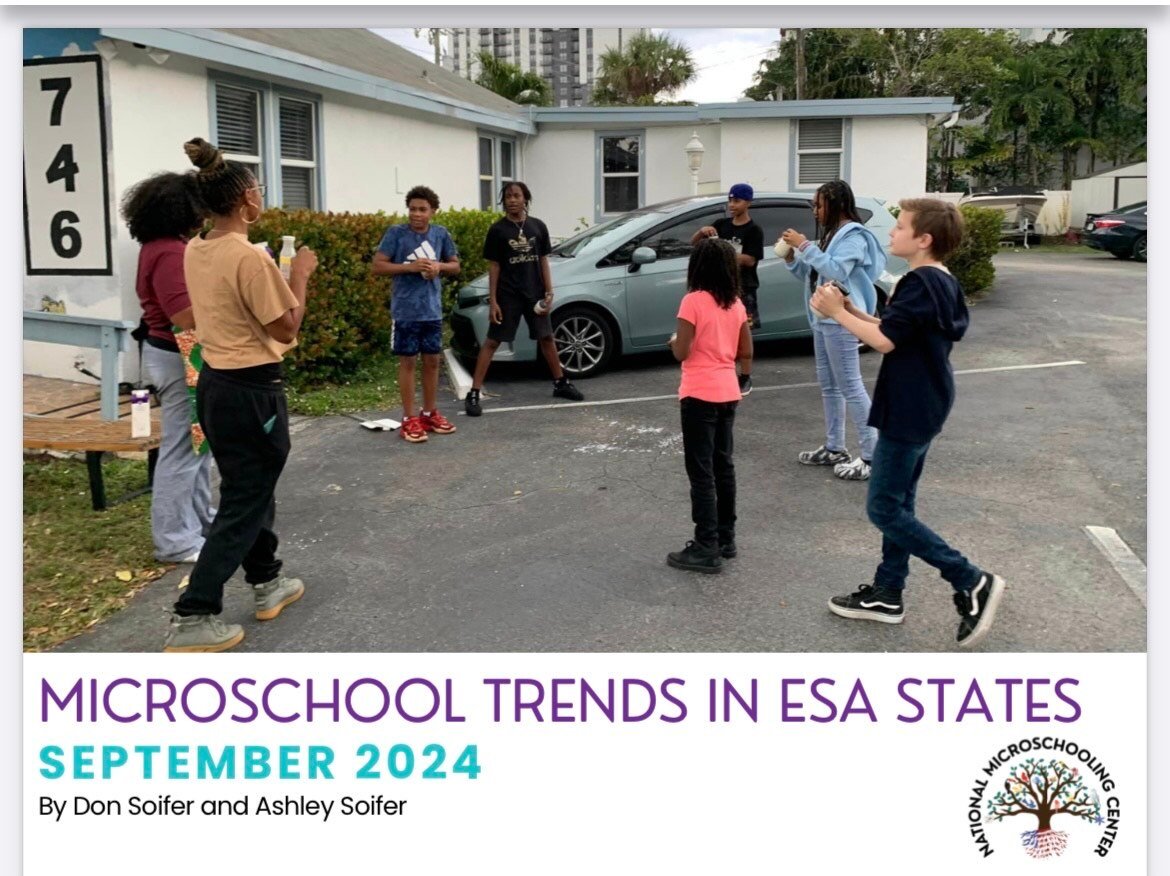 Read More
Read More